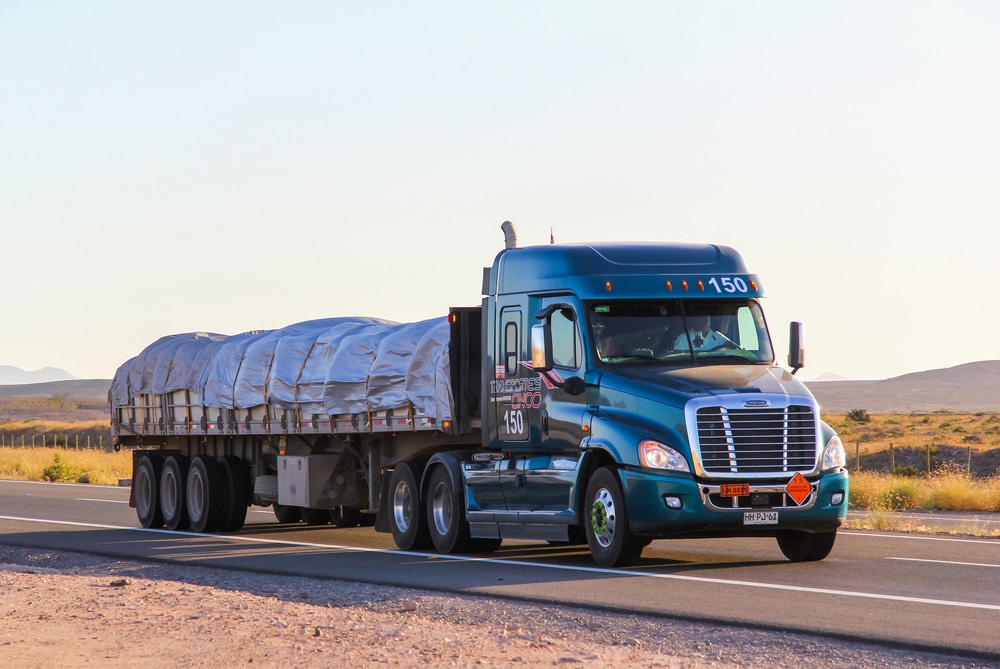Why Should I Become a Flatbed Truck Driver?

One of the big decisions you will need to make after getting your Class A commercial driver’s license (CDL) is what type of load you want to haul. You see dry van, reefer, and tanker most often, but there are good reasons to consider flatbed truck driving for a career.
Why would you want to become a flatbed truck driver?
Higher Pay
One of the most attractive features of pulling flatbeds is that it is one of the most high-paying jobs in the trucking industry. Indeed.com lists one company as paying $130,000 a year. Another listing shows weekly pay of $2,200. Other websites report that full-time flatbed truckers earn up to $13,000 more annually than dry van drivers.
You have to factor in your flatbed experience, length of haul, and how much the carrier pays per mile into the equation, but the pay is certainly better.
Flatbed Trucking Demand
Flatbed trucking is always in-demand, so plenty of flatbed truck driver jobs are available. Skilled drivers can benefit from advancement opportunities hauling large specialized loads like heavy machinery, which means even more pay.
Faster Load Times
With a flatbed, there’s no backing into a dock or waiting on another truck to pull out before loading. Forklifts or cranes load the freight. Typically, you won’t need to make multiple pickups to get fully loaded.
Flatbeds are called that for a reason — they are flat! Unlike dry vans or reefers, they aren’t enclosed trailers with walls and a roof.
Flat decks are the most frequent type of flatbed trailers, but some include drop decks called lowboy or step decks, designed to transport loads that exceed the legal height limit if carried on a flat deck.
Because of that, flatbeds can haul heavier, even oversized loads, which require drivers to get more training and skills.
For instance, you will have to learn how to use tie-down straps and tarping to secure freight and prevent movement during transport. If you’ve ever seen a flatbed load laying on the roadside, you understand how important securing a load is.
Also, because of the loads that flatbeds carry, the DOT enforces stricter regulations than other loads, and there’s very little wiggle room. You will need to familiarize yourself with those and abide by them.
Flatbed drivers are usually company drivers who haul freight for one trucking company (several have flatbed divisions). Because of that, there are fewer owner-operators in this field.
Is Flatbed Truck Driving Better?
The answer to that depends on how you answer the word “better.”
If you want a more hands-on driving experience — loading, unloading, securing, and tarping freight — this might be your profession. It requires you to be physically active, which may also appeal.
Also, if you like hauling different types of freight, you will enjoy flatbed truck driving. Two days are never the same. One day, you may haul lumber, the following day machinery, and the next steel pipe. It can be challenging, but that, too, is part of the attraction.
OTR flatbed drivers may have less home time. But there are plenty of regional or local options for drivers who want to be home every night. Plus, the driver shortage means companies offer greater flexibility regarding time off.
If flatbed truck driving sounds interesting, get in touch with us. We are a full-service Class A CDL truck driver training school. If it involves a commercial motor vehicle, we have you covered.


